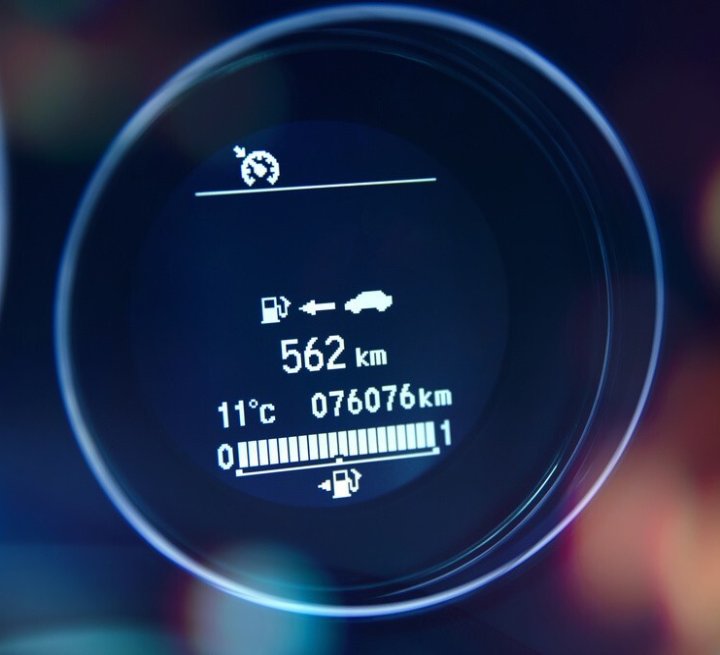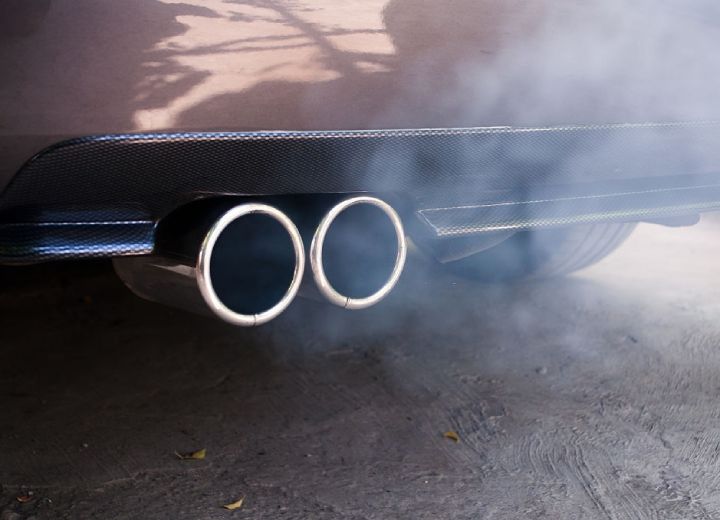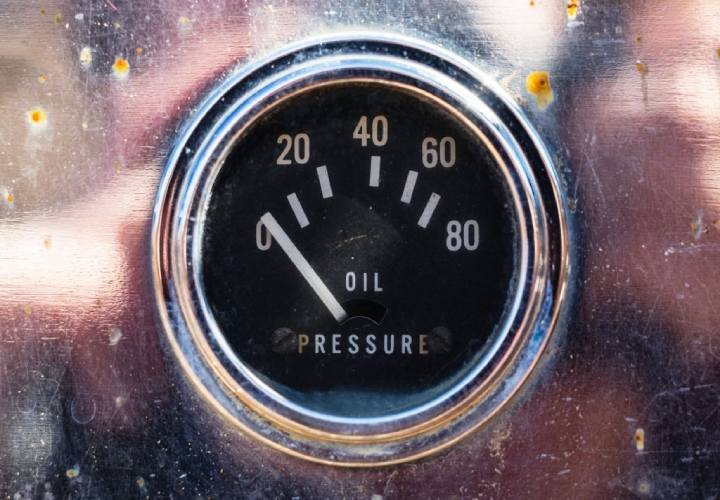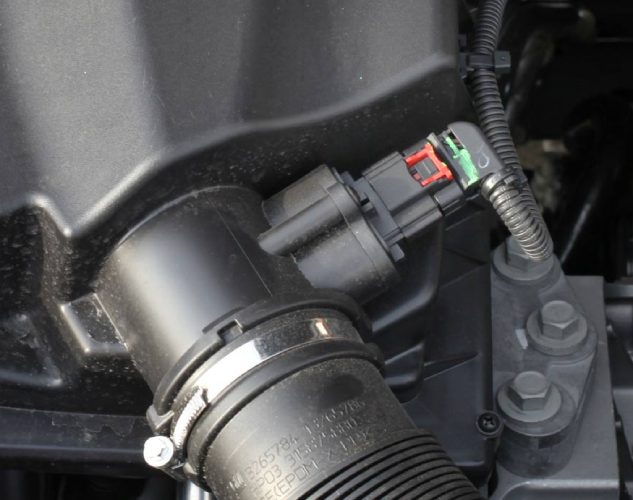Is your vehicle’s engine misfiring, and not sure what the cause is? Following our series of different car components that could result in a misfire (o2 sensor, low engine oil, or a bad battery), today we’ll discuss whether or not your car’s alternator can cause a misfire and in what conditions.
A bad alternator can cause an engine to misfire, although this is rare. The alternator does not have anything to do with how the engine works; it only powers electrical components in the vehicle. It is why there is a low probability that your engine misfire problem could result from alternator issues.
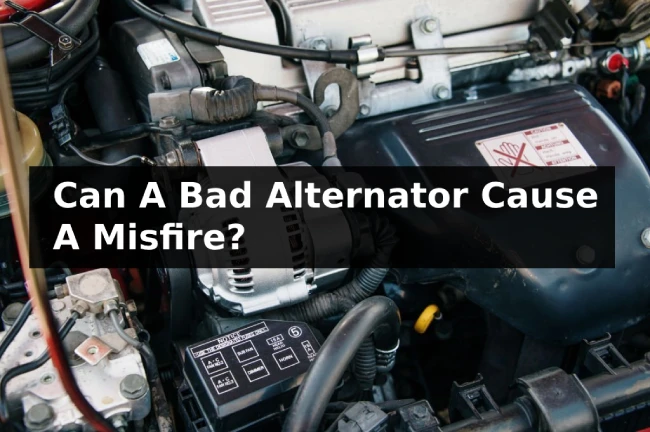
However, there are situations where your engine’s misfiring could result from alternator issues. For instance, a faulty alternator may cause the engine to misfire, where the fault causes the spark plugs to malfunction. The spark plugs rely on electricity from the alternator to create a spark during ignition.
When the alternator is faulty, it cannot create enough electrical current for the spark to happen, which in turn creates an engine misfire. This case only happens sometimes.
After checking all possible causes of an engine misfire, some of the causes of engine misfires may include bad spark plugs, clogged fuel injectors, and more. Once you have checked these faults and see that the problem is not coming from these factors, you need to check your alternator.
How To Identify If The Alternator Is Causing The Misfire
You can easily identify if your engine misfire is caused by your alternator when it comes with some signs. Some of the signs may include the following:
Is the battery warning light on your dashboard?
One of the signs that your alternator may cause your engine to misfire is if you notice that the battery light is on while the engine misfires. This warning light warns you about a low battery. It also warns of a failing alternator.
An alternator fails when the voltage falls below a certain voltage, usually below 13 volts. A working alternator should output between 13 to 14.5 volts. When this happens, it may need more electric current to the spark plug to start ignition. As a result, the battery light is immediately triggered, and your battery may drain.
Do you need to replace the battery as well?
While having an engine misfire, if you have a problem with your battery, it could result from a faulty alternator. The alternator’s primary role is to keep the battery charged while the engine runs. Once the alternator is faulty, it cannot carry out this function. It may be the reason why your battery is constantly being drained.
When your battery is constantly draining, it could damage the battery. When the alternator can not keep the battery charged, it shortens its lifetime. Lead batteries must be above 85 to 90 percent charge at all times to operate efficiently and have as little wear as possible. If it constantly goes below this level, you may need to change the battery sooner.
Is the check engine light on too?
A bad alternator will trigger an engine light because it powers a large part of the vehicle. The alternator supplies power to many safety features, radio, light, and other vehicle parts. Many things can happen while driving when the alternator goes bad, making it very risky. It is why manufacturers have taken it upon themselves to notify drivers through different means. In most recent cars, the warning light will be accompanied by a warning message.
If not, start replacing the battery and alternator.
As we have said previously, the alternator plays an important role in the engine ignition. If your alternator and battery are bad, your vehicle may not start or take a few cranks to start. Even when it starts, it may misfire or rough idle.
You must check the spark plug, alternator, or battery when your engine does not start. These are the common causes of this problem. When you recognize the cause of your engine not starting as the alternator, you need to change the alternator. Also, check the wiring harness and other connections to ensure that the problem is not from them.
If the misfire is still there, the alternator is not the problem. Check ignition coil packs.
If your engine keeps misfiring after replacing the alternator, the problem must come from another part of the vehicle, like the ignition coil. The ignition coil is meant to convert low electrical current, which is coming from the battery or alternator, into higher currents for the ignition process to be carried out. The engine may experience various problems when the coil is bad, including engine misfiring.
When the ignition coil is bad, the spark plugs will not receive the required electrical current to ignite the fuel and start the engine. It will lead to difficulty starting the engine; in some extreme cases, the engine will not start at all. If the engine does start, it may misfire and have a rough idle.
If you’re driving with a bad ignition coil, you’re at risk of stalling out or experiencing engine misfires. As mentioned earlier, ignition coils are responsible for sending sparks to the spark plugs, igniting the engine’s air/fuel mixture. If your ignition coil is faulty, it can cause all sorts of driving problems.
How To Test A Faulty Alternator
There are different ways to test your vehicle’s alternator to see if it is faulty. You can do multimeter testing or scan for codes related to the alternator with an OBD scanner.
Firstly, we will examine how to test an alternator with a multimeter. If you do not know a multimeter, it is a common handheld tool used to measure the voltage on electrical devices and test electrical connections. All you will need for this test is the multimeter and other standard equipment like a wrench and sockets.
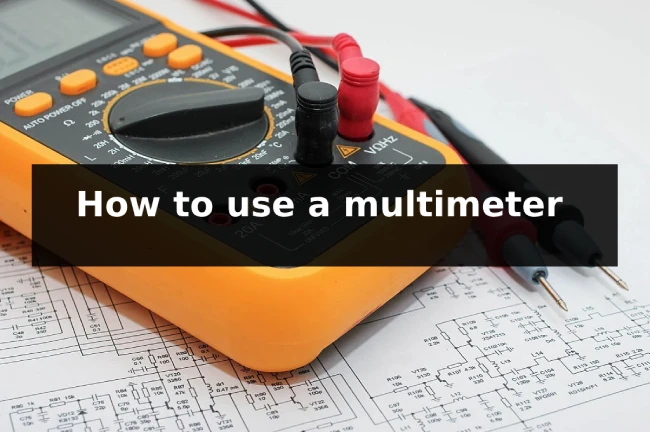
You can test the alternator through the battery by placing the multimeter on probes on the battery’s terminals. Ensure that the vehicle is turned off. Observe the reading of the meter. Under normal circumstances, it should read between 12 to 13 volts. Turn on the vehicle and test again; within 14 seconds, that multimeter reading should be high. It shows that the alternator is working. If the number on the meter is still constant, then your alternator is bad.
You can also load the battery by turning on the heater, radio, and other electrical components. Test the battery again; if the reading drops, the alternator cannot handle the vehicle’s electrical demands and is faulty.
Once you find out the alternator is faulty, you need to change it immediately. If you do not have good mechanical knowledge, you will need a professional’s help.
What Else Can Cause My Car To Misfire?
After testing your alternator, you will find it is not responsible for your engine’s misfiring issue. Other factors could cause your engine to misfire, including the following.
- Ignition coil packs
The ignition coil pack is an important part that helps collect low current from the battery and then increases the current so that it can cause the ignition of the engine with the help of the spark plug. Once the coil is faulty, you should change it immediately.
- Faulty spark plugs
A cause of engine misfire is a bad or faulty spark plug. Like most parts of the vehicle, the spark plug gets worked out after a period of use, and they do not work like they used to. When this happens, the spark plug cannot fire up the cylinders right.
One thing that could make a spark plug go bad is an oil leak. When oil spills on the plug, it prevents it from creating sparks for ignition. When you notice that a bad plug is the cause of the engine misfire, ensure to replace the plug and check for an oil spill.
- Low fuel pressure
Another factor that could cause the engine to misfire is low fuel pressure. Fuel is an important aspect in the ignition and keeping the engine going. Once there is insufficient fuel to start the vehicle, the vehicle will misfire.
A huge cause of engine misfire is when the engine runs in. It is when there is more air than fuel in the air-fuel mixture found in the combustion chamber. As a result, there is not enough ignition to power up all the cylinders during ignition. It might keep misfiring even when the vehicle runs because it lacks adequate fuel.
- Bad injector
A bad fuel injector will not be able to supply enough fuel to the engine. As a result, the air-fuel mixture will no longer be accurate. The engine will easily be prone to misfire as it constantly tries to compensate for the lack of fuel.
You will need to replace the fuel injector once you notice it is the cause of the engine misfire.
- Low compression
Compression is the process of confining the mixture of air-fuel into a space in the engine cylinder where the combustion will occur. When there is insufficient compression due to a disruption in the mixture of air and fuel, combustion cannot occur properly. It will cause the engine to misfire.
In Summary
Whenever your engine misfires, it could be caused by many factors, including faulty spark plugs, a bad fuel injector, and an inaccurate air-fuel ratio. We should remember that the battery and alternator also play an important role in the ignition process and cannot be zeroed out from the cause. Try to have them tested if you notice a misfire in the engine and other signs related to a faulty battery or alternator.
Mark is a senior editor for Mechanic Ask, creating tech-focused articles about diagnostics, tools, and new auto servicing methods. He attends industry shows to stay current. With a mechanical engineering degree, Mark is able to translate complex technical details into explanations understandable for shop owners and technicians. His articles help shops improve processes, reduce costs, and boost productivity.

